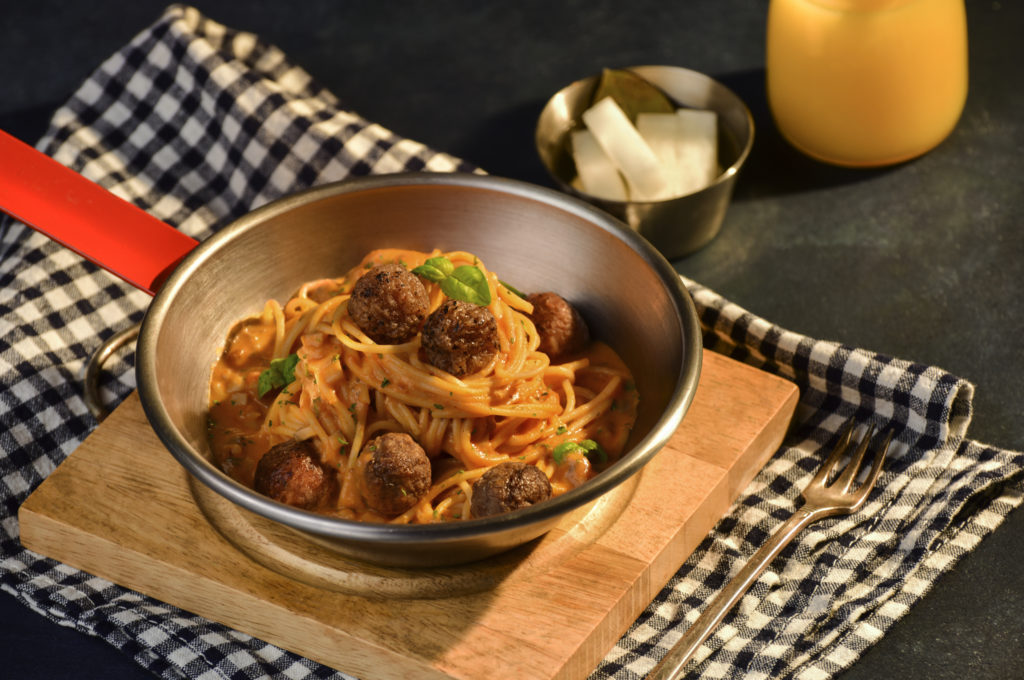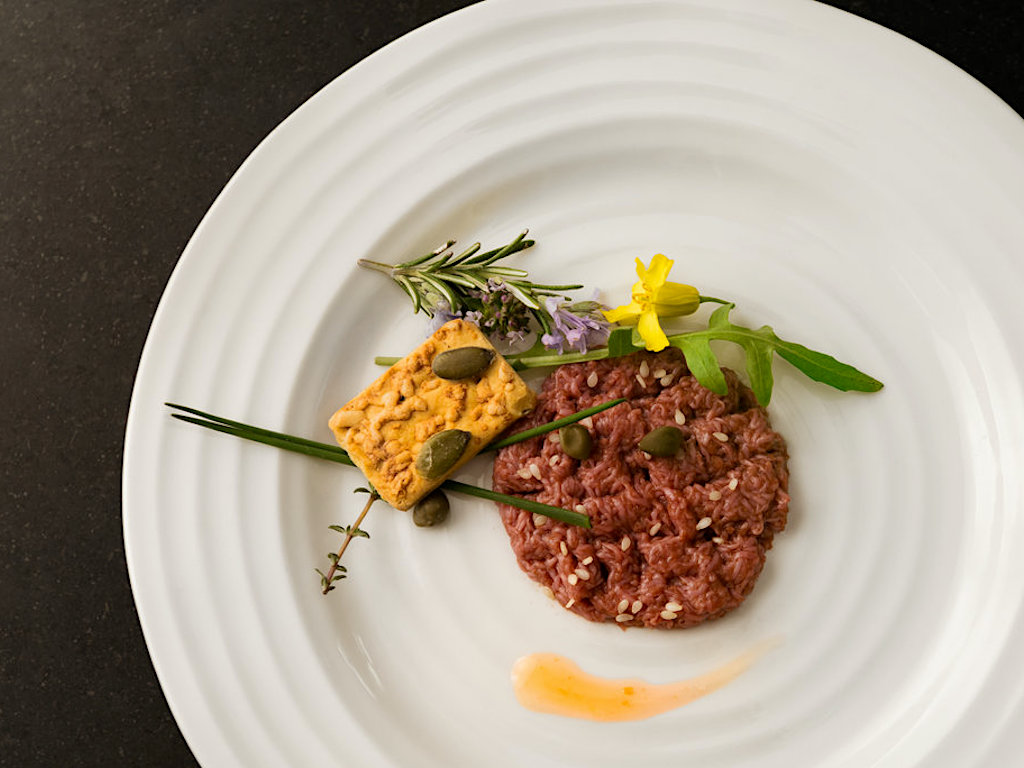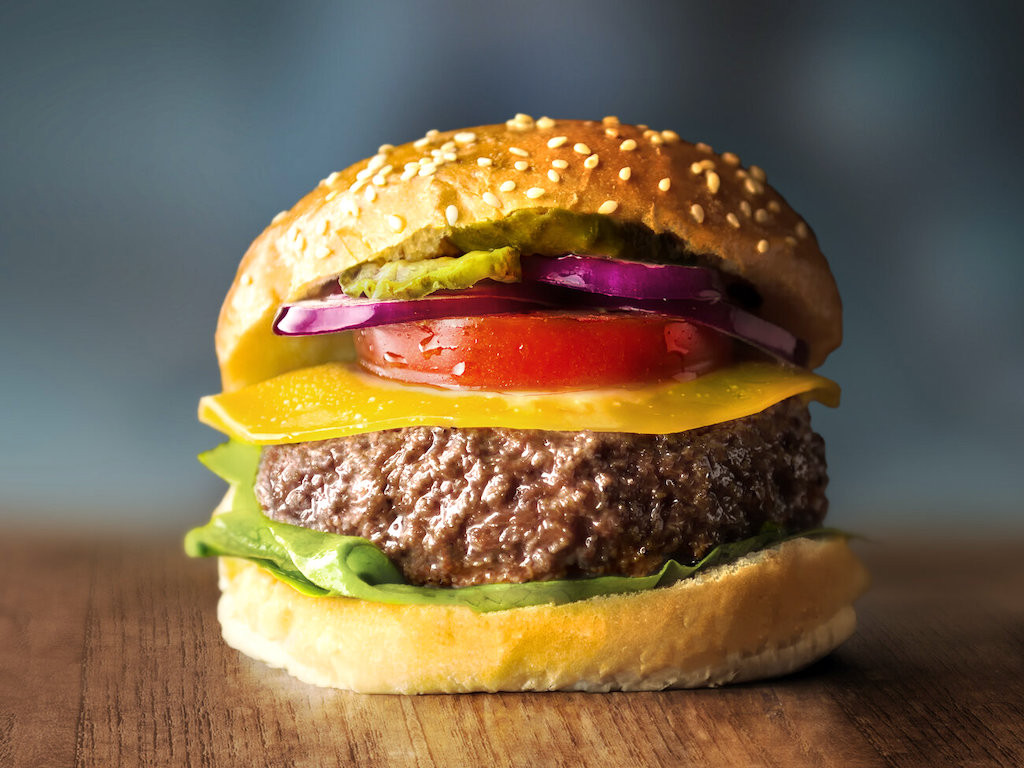3 Mins Read
The cellular agriculture industry receives a big boost with The Netherlands’ €60 million investment and additional €25 million in financing.
The Dutch government’s investment is now the largest government grant in the world into the novel cultivated and cell-cultured animal tech. The funding is in collaboration with the Ministry of Agriculture, Nature and Food Quality.
Sector growth, emissions reductions
By 2050, the investment should yield big returns; the Dutch government says it expects €1.25 – €2.0 billion in growth in Dutch earning capacity by the middle of the century. It also calculated the emissions savings, anticipating cultivated meat and similar tech will reduce CO2 emissions by approximately 1.8 million tons and reduce ammonia by 15 to 20 kilotons per year.

“We are very pleased that we can now start with the first activities to stimulate and consolidate cellular agriculture in the Netherlands.” Ira van Eelen, said in a statement on behalf of the Cellular Agriculture Netherlands Foundation. “With this we can guarantee that the Netherlands remains the ideal place for cellular agriculture to thrive. We have a rich history in cellular agriculture and are a global leader in biotechnology, alternative proteins and food innovation. Supported by this visionary leadership that the Dutch government is showing again today, we will expand our team in the coming months and roll out the first activities around public research, scaling up and education.”
The Cellular Agriculture Netherlands Foundation now includes nearly three dozen organizations ranging from NGOs and educational institutions to startups. With the new funding, the foundation will set up a new office to engage with potential partners and implement programs.
Cultivated meat approval and support
Currently, only Singapore has approved cultivated meat for sale, but the Netherlands could be next—and soon. Earlier this year it legalized sampling of cultivated meat. The Netherlands put cultivated meat on the map in 2013 when Dutch-based Mosa Meat debuted its first meat grown from cells.

“Cellular agriculture is a Dutch invention and we do not want to lose our competitive advantage,” Robert Jones, head of public affairs for Mosa Meat said in an interview with Dutch publication Innovation Origins.
Dutch consumers are ripe for alternatives to conventional meat as well. A survey conducted in February found that more than 25 percent of Dutch residents want more meat-free options to help decrease the country’s carbon footprint.
The new funding will give the sector a boost and aims to attract startups in the space to the Netherlands. The government funding will support private equity startups and and bring more expertise and investment to the cellular agriculture sector.



